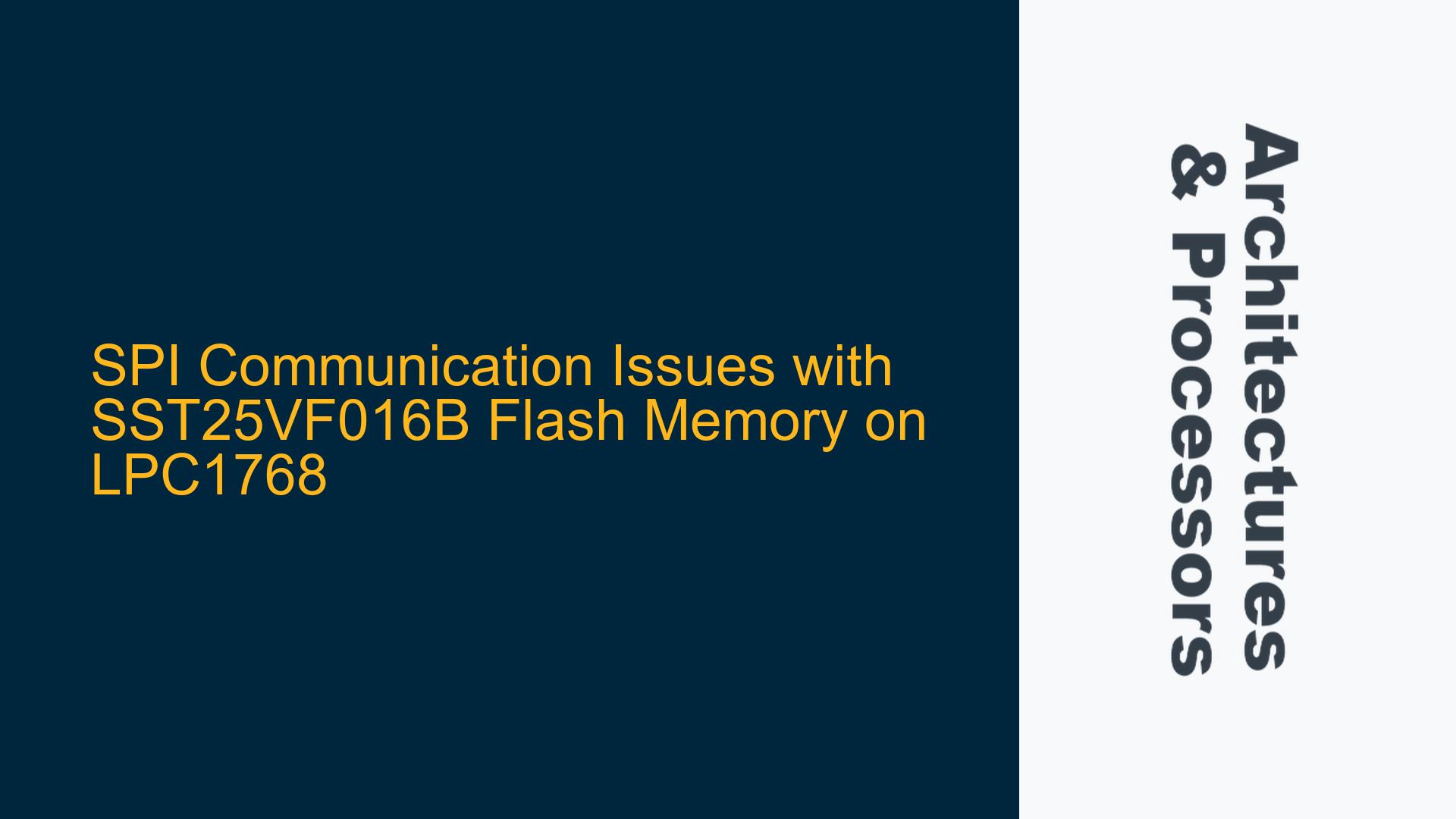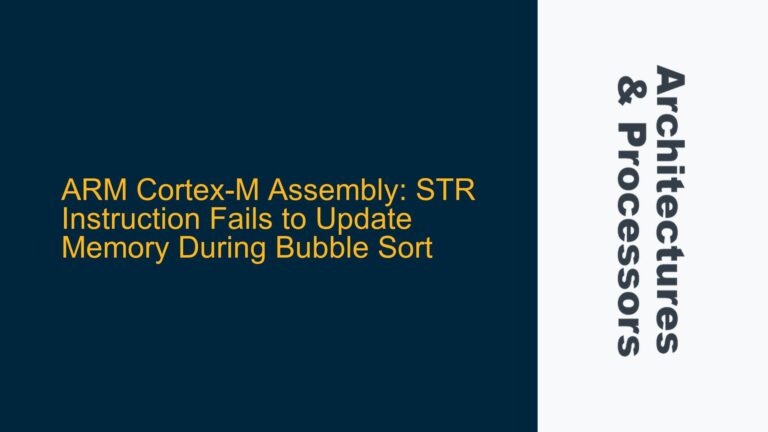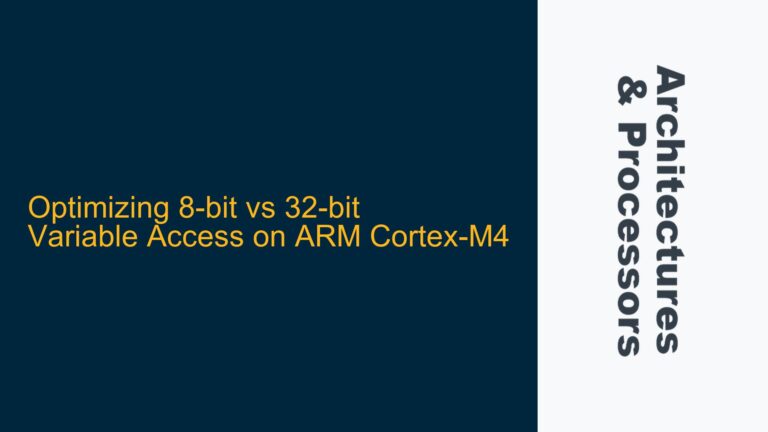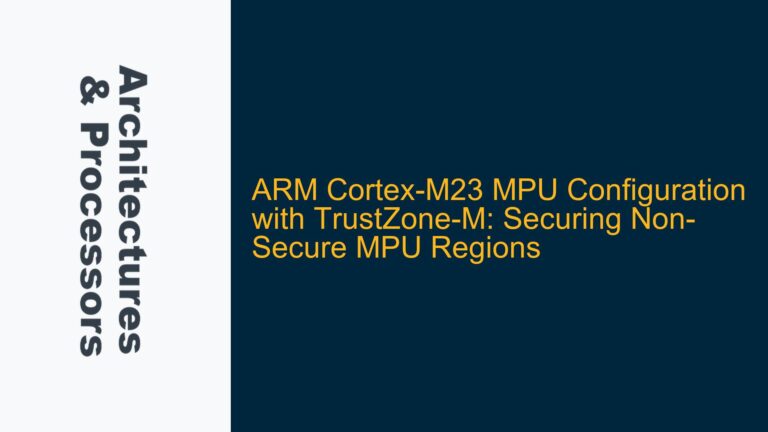SPI Initialization and Pin Configuration Errors
The core issue revolves around the SPI communication between the LPC1768 microcontroller and the SST25VF016B flash memory. The problem manifests as intermittent failures in reading and writing operations, often resulting in the system freezing during status register checks. The root cause can be traced back to improper SPI initialization and pin configuration on the LPC1768.
The LPC1768 microcontroller uses a set of registers to configure its peripheral pins, including those used for SPI communication. In the provided code, the SPI initialization function SPI_Init configures the pins for SCK, MISO, and MOSI but fails to set the correct pin mode for these pins. Specifically, the code does not configure the pin mode for the SPI pins, which can lead to unpredictable behavior in the electrical characteristics of the signals. This is particularly critical for SPI communication, where signal integrity is paramount.
The correct pin mode configuration for SPI pins on the LPC1768 involves setting the pins to their alternate function mode and ensuring that the pull-up/pull-down resistors are disabled. The code snippet provided in the discussion does not include this critical step:
LPC_PINCON->PINMODE1 |= (3<<2) | (3<<4);
This line of code sets the pin mode for the MISO and MOSI pins to "no pull-up/pull-down," which is essential for reliable SPI communication. Without this configuration, the pins may have internal pull-up or pull-down resistors enabled, leading to signal integrity issues that can cause communication failures.
Additionally, the SPI initialization function should ensure that the SPI peripheral is properly clocked. The LPC1768 uses a Peripheral Clock Selection (PCLKSEL) register to control the clock frequency for each peripheral. The provided code sets the SPI clock divider but does not explicitly configure the PCLKSEL register for the SPI peripheral. This can lead to incorrect clock frequencies being used, further exacerbating communication issues.
SPI Transfer Function Logic and Timing Issues
The SPI transfer function SPI_Transfer is responsible for sending and receiving data over the SPI bus. The provided implementation contains logic and timing issues that can lead to communication failures. The function waits for the SPI transfer to complete by polling the SPIF (SPI Transfer Complete Flag) in the SPI Status Register (SPSR). However, the order of operations in the function is incorrect, which can lead to race conditions and missed SPI transfers.
The current implementation of the SPI transfer function is as follows:
uint8_t SPI_Transfer(uint8_t data) {
uint8_t read = 0x0;
while((LPC_SPI->SPSR & SPIF) == 1);
LPC_SPI->SPDR = data;
while((LPC_SPI->SPSR & SPIF) == 0);
dummy = LPC_SPI->SPSR;
read = LPC_SPI->SPDR;
return read;
}
The issue lies in the first while loop, which waits for the SPIF flag to be set before writing data to the SPI Data Register (SPDR). This is incorrect because the SPIF flag is set when a transfer is complete, not when the SPI peripheral is ready to accept new data. The correct approach is to wait for the SPIF flag to be cleared before writing data to the SPDR, indicating that the SPI peripheral is ready for a new transfer.
The corrected SPI transfer function should be:
uint8_t SPI_Transfer(uint8_t data) {
uint8_t read = 0x0;
while((LPC_SPI->SPSR & SPIF) == 0); // Wait for previous transfer to complete
LPC_SPI->SPDR = data; // Start new transfer
while((LPC_SPI->SPSR & SPIF) == 0); // Wait for new transfer to complete
dummy = LPC_SPI->SPSR; // Clear SPIF flag
read = LPC_SPI->SPDR; // Read received data
return read;
}
This corrected implementation ensures that the SPI peripheral is ready to accept new data before starting a transfer, preventing race conditions and ensuring reliable communication.
Status Register Handling and Chip Unlocking Problems
The SST25VF016B flash memory uses a status register to indicate its current state, including whether it is busy with an operation or if write operations are enabled. The provided code attempts to read and modify the status register to unlock the chip and enable write operations. However, the implementation contains several issues that can lead to the system freezing or failing to unlock the chip.
The DF_UnlockChip function is designed to unlock the flash memory by clearing the block protection bits in the status register. The function enters a loop where it continuously reads the status register and attempts to clear the block protection bits. However, the loop condition and the logic for modifying the status register are flawed, leading to potential infinite loops or incorrect status register values.
The current implementation of the DF_UnlockChip function is as follows:
void DF_UnlockChip(void) {
while (true) {
uint8_t s = DF_ReadStatusRegister();
uint8_t cmp = s & (DF_BLOCK_PROTECTION_LV_0 | DF_BLOCK_PROTECTION_LV_1 | DF_BLOCK_PROTECTION_LV_2 | DF_BLOCK_PROTECTION_LV_3);
if (cmp == 0x0) break;
DF_EnableWriteStatusRegister();
DF_WriteStatusRegister(0x0);
}
}
The issue with this implementation is that it does not handle the case where the status register cannot be modified due to the flash memory being busy with an operation. The SST25VF016B flash memory sets the BUSY bit in the status register when it is performing an internal operation, such as a write or erase. If the BUSY bit is set, any attempt to modify the status register will be ignored, leading to an infinite loop in the DF_UnlockChip function.
To fix this issue, the DF_UnlockChip function should first check the BUSY bit in the status register and wait until the flash memory is ready before attempting to modify the status register. Additionally, the function should include a timeout mechanism to prevent infinite loops in case the flash memory becomes unresponsive.
The corrected DF_UnlockChip function should be:
void DF_UnlockChip(void) {
uint32_t timeout = 100000; // Timeout counter to prevent infinite loops
while (timeout--) {
uint8_t s = DF_ReadStatusRegister();
if (s & DF_BUSY) continue; // Wait if the flash memory is busy
uint8_t cmp = s & (DF_BLOCK_PROTECTION_LV_0 | DF_BLOCK_PROTECTION_LV_1 | DF_BLOCK_PROTECTION_LV_2 | DF_BLOCK_PROTECTION_LV_3);
if (cmp == 0x0) break; // Exit if the chip is already unlocked
DF_EnableWriteStatusRegister();
DF_WriteStatusRegister(0x0); // Clear block protection bits
}
if (timeout == 0) {
// Handle timeout error
}
}
This corrected implementation ensures that the flash memory is ready before attempting to modify the status register and includes a timeout mechanism to prevent infinite loops. This should resolve the issue of the system freezing during chip unlocking and ensure reliable operation of the flash memory.
Conclusion
The issues with the SPI communication between the LPC1768 microcontroller and the SST25VF016B flash memory stem from improper SPI initialization, incorrect SPI transfer function logic, and flawed status register handling. By addressing these issues through proper pin configuration, correcting the SPI transfer function, and improving the status register handling logic, the system should achieve reliable communication with the flash memory. These changes ensure that the SPI peripheral is correctly initialized, data transfers are handled properly, and the flash memory is unlocked and ready for write operations.






